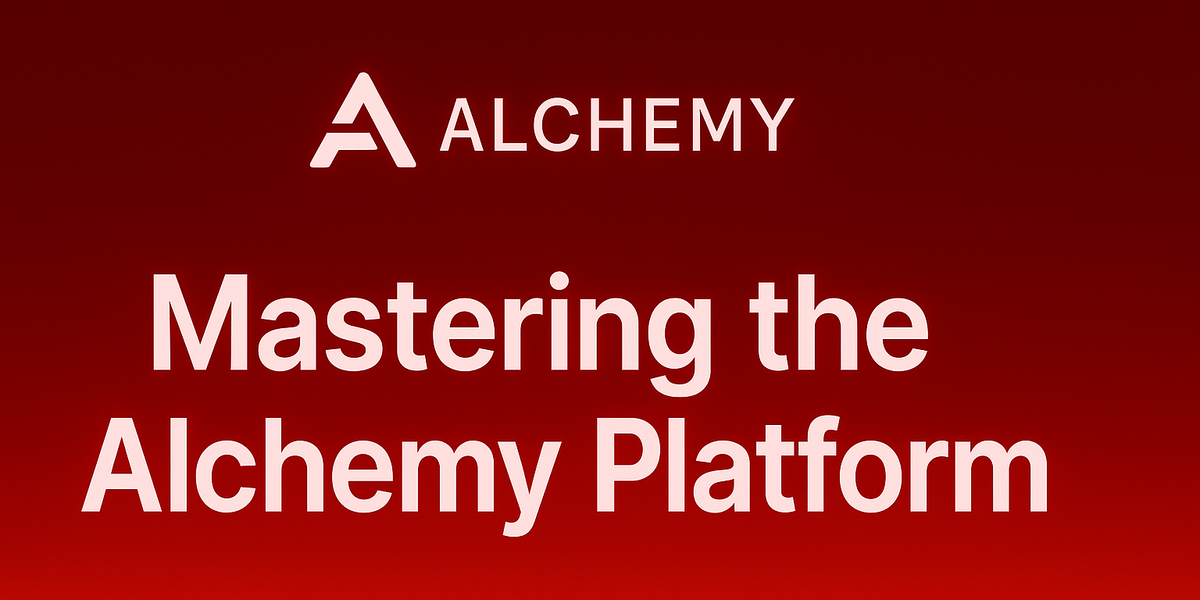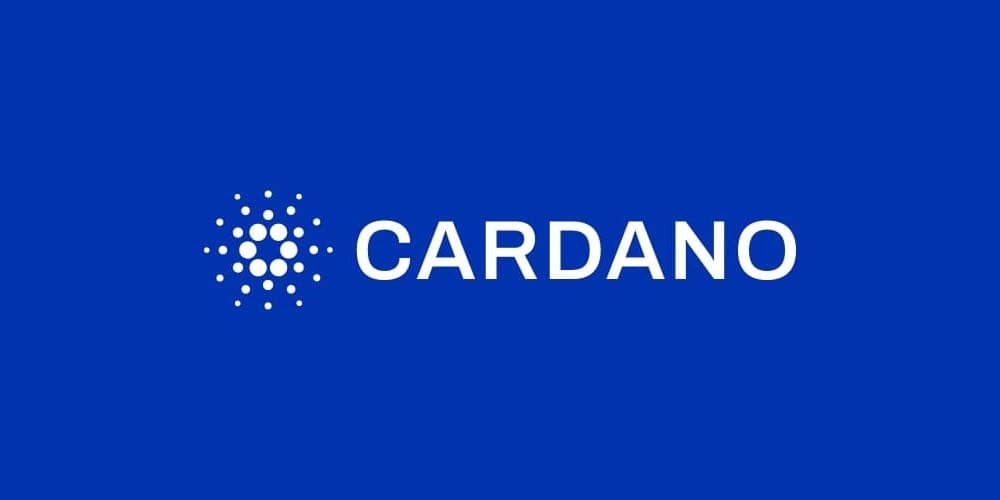Real estate tokenization is gaining traction as a revolutionary use case of blockchain technology. This concept is redefining the way people invest in real estate, opening doors for a broader audience to enter the market. With blockchain’s inherent advantages, such as transparency and decentralization, tokenized real estate is set to change traditional investment models. One standout example of this evolution is Lumia Towers, a $220 million real estate development in Istanbul, Turkey. This ambitious project leverages Polygon’s blockchain ecosystem to offer a more accessible, liquid, and transparent means of investing in high-value properties. By breaking down complex investment barriers, Lumia Towers aims to establish a seamless connection between real estate markets and the decentralized finance (DeFi) landscape.
What is Real Estate Tokenization?
Real estate tokenization is the process of converting physical properties into digital tokens that reside on a blockchain. These tokens represent fractional ownership of a real estate asset, granting investors the ability to participate without the need to purchase entire properties. This method democratizes property investments, making them accessible to a wider audience. Additionally, tokenization brings numerous advantages, including higher liquidity, as investors can buy and sell fractions of assets rather than whole properties. Transaction costs are reduced drastically by eliminating traditional intermediaries, while blockchain’s inherent security ensures all transactions remain immutable and transparent. In essence, tokenized real estate unlocks previously inaccessible opportunities, allowing individuals and institutions to diversify their portfolios with ease.
Lumia Towers: A Case Study in Real Estate Tokenization
Lumia Towers, a high-profile real estate development, exemplifies the benefits of tokenization. The project, co-developed by SEN Group and Lumia, features two impressive skyscrapers comprising 300 residential and commercial units. Scheduled for completion by Q2 2026, the development positions itself as a global hub for cryptocurrency enthusiasts. By leveraging blockchain technology, Lumia is harnessing the power of decentralized finance to make property ownership more transparent and convenient. Through Polygon’s blockchain ecosystem, Lumia Towers offers real estate tokenization using ERC-20 tokens, ensuring seamless and efficient digital transactions.
Beyond simple ownership, ERC-20 token holders will gain governance rights, granting them a role in the decision-making processes associated with the property. Additionally, Lumia Towers integrates directly with DeFi protocols, allowing tokenized real estate to be used as collateral, exchanged seamlessly, or included within broader financial structures. This integration enhances liquidity, enabling investors to make flexible financial decisions in ways previously impossible in traditional real estate markets.
Benefits of Tokenizing Real Estate on Polygon
The choice of Polygon as the blockchain for Lumia Towers’ tokenization strategy brings multiple advantages, particularly regarding scalability and efficiency. Blockchain technology allows for real-time and borderless transactions, positioning Polygon-based real estate assets as a future-proof investment option. The following are key benefits of integrating real estate tokenization with Polygon:
- Enhanced Liquidity: Tokenized real estate allows for fragmented ownership, making it easier for individuals to buy, sell, and trade small portions of properties on the secondary market.
- Reduced Costs: Traditional real estate transactions involve a long chain of intermediaries, such as brokers, escrow services, and legal entities, all of which add financial burden. Blockchain-based transactions cut out these middlemen, significantly reducing associated fees.
- Improved Transparency & Security: Every transaction is stored on an unalterable blockchain ledger, increasing trust and lowering the chances of fraud. Smart contracts ensure that all agreements are executed precisely as intended.
- Interoperability with DeFi: Tokenized real estate on Polygon can interact with decentralized financial products, including lending and borrowing platforms. This ensures that real estate investments remain dynamic and versatile.
Challenges and Regulatory Considerations
Despite its many benefits, real estate tokenization is not without challenges. One major obstacle remains the evolving regulatory frameworks worldwide, which have yet to fully adapt to the concept of blockchain-based asset ownership. Legal compliance is particularly tricky, with issues surrounding property rights, Anti-Money Laundering (AML) laws, and varying jurisdictional regulations causing uncertainty.
Additionally, while tokenization increases liquidity through fractional ownership, the development of robust and regulated secondary markets remains a work in progress. Investors need accessible and reliable platforms to trade these digital assets while ensuring compliance with traditional financial institutions. The integration of tokenized properties into established real estate markets poses another challenge that requires collaboration between blockchain innovators and traditional financial regulators.
How Lumia Towers Compares to Previous Projects
Although real estate tokenization is not a new concept, Lumia Towers distinguishes itself through its scale and technological partnerships. Past attempts at tokenized real estate often lacked liquidity options or regulatory clarity, which undermined investor confidence. Lumia's governance token structure and integration with DeFi protocols help address these shortcomings.
The broader market is beginning to take tokenized real estate seriously, with projections estimating that this market could reach between $3.5 trillion and $10 trillion by 2030. By setting a strong foundation with both scalability and compliance in mind, Lumia Towers has the potential to influence the adoption of blockchain-powered real estate across global markets.
The Future of Real Estate Tokenization
As blockchain technology continues evolving, real estate tokenization will likely expand alongside it. Governments and financial institutions will eventually need to establish frameworks that accommodate this emerging market while ensuring investor protection. Enhanced integration between blockchain-based real estate assets and traditional financial institutions would further legitimize this industry.
Additionally, the future of tokenized real estate will witness closer connections with decentralized finance, allowing for extensive use cases beyond mere ownership. Investors could use tokenized assets as collateral, stake them within DeFi platforms, or exchange them for other digital assets with greater ease. Lumia Towers serves as both a current innovation and a case study for future real estate developments that seek to navigate this space efficiently and transparently.
Conclusion
Lumia Towers, leveraging Polygon’s blockchain, stands as a pioneering real estate tokenization project bridging traditional investments with digital assets. By offering decentralized ownership, increased liquidity, and greater investor accessibility, this project helps shape the foundation for future blockchain-based real estate ventures. As real estate tokenization matures, more developments will likely follow in Lumia’s footsteps, enhancing the efficiency, security, and reach of property investments worldwide.





Comments